Introduction
The UP ARO/RO Exam (Assistant Review Officer/Review Officer) conducted by UPPSC is one of the most popular state-level competitive exams in Uttar Pradesh. The selection process involves Prelims, Mains, and Typing Test, making it a balanced test of knowledge, language skills, and practical abilities.
Aspirants often face confusion regarding which books and notes to study. The availability of too many resources sometimes hampers preparation instead of helping. Therefore, it is essential to rely on standard books, authentic notes, and limited resources to prepare effectively.
This article provides a subject-wise list of the best books and notes for UP ARO/RO 2025, along with a preparation strategy to help aspirants study smartly.
Subject-Wise Booklist and Notes for UP ARO/RO Exam
1. General Studies (Prelims & Mains)
General Studies forms the foundation of UP ARO/RO preparation. It includes History, Geography, Polity, Economy, Science, Environment, and Current Affairs.
Recommended Books:
Notes to Prepare:
2. General Hindi (Prelims & Mains Part A + B)
Hindi plays a decisive role in the UP ARO/RO Exam. Many aspirants fail because they ignore Hindi grammar and vocabulary.
Recommended Books:
Notes to Prepare:
3. Drafting & Office Correspondence (Mains Paper II)
Drafting tests your ability to write official notes, letters, and reports concisely and correctly.
Recommended Books:
Notes to Prepare:
4. Hindi Essay (Mains Paper III)
The essay paper (120 marks) is highly scoring if prepared well. Essays are usually on topics related to politics, social issues, environment, or culture.
Recommended Books:
Notes to Prepare:
5. Optional Subject (For RO Only, Mains Paper IV)
Candidates appearing for the RO exam (not ARO) need to select an optional subject.
Popular Optional Subjects & Books:
Notes to Prepare:
6. Typing Test (Qualifying Stage)
Typing is qualifying but essential. Without clearing it, final selection is not possible.
Typing Practice Resources:
Notes to Prepare:
Current Affairs Resources
Since many map-based, polity, and economy questions come from current affairs, aspirants should follow:
Subject-Wise Preparation Strategy
Common Mistakes Aspirants Make
Smart Tips for Book & Notes Usage
Integrate Current Affairs with GS, Essay, and Drafting.
Use color coding in notes for quick recall.
Prepare short notes for last-minute revision.
Revise the same resources multiple times.
Limit yourself to one standard book per subject + concise notes.
Poor time management during preparation.
Delaying typing practice until final stage.
Not practicing PYQs regularly.
Ignoring Hindi, Drafting, and Essay while focusing only on GS.
Collecting too many books without revising.
Aim for 25–30 words per minute.
Daily 15–20 minutes typing practice.
Typing Focus:
Improve Hindi grammar and vocabulary.
Practice drafting exercises.
Write one essay weekly.
Mains Focus:
Practice mock tests weekly.
Revise Lucent + NCERTs + Current Affairs daily.
Prelims Focus:
Monthly magazines like Vision IAS Current Affairs or Drishti Current Affairs Today.
PIB, Rajya Sabha TV debates, Government Yojana magazines.
Hindi Newspaper (Dainik Jagran Rashtriya Sanskaran).
The Hindu or Indian Express (National + International news).
Practice official circulars, letters, and press releases.
Maintain a typing diary to track daily progress.
R.S. Aggarwal’s Typing Speed Book (for pattern practice)
Hindi Typing Tutor (Online practice tools)
Kruti Dev 010/016 Font Typing Software
Previous year papers to understand answer writing style.
Class notes from coaching (if chosen optional is technical).
History: NCERTs + India’s Ancient Past by R.S. Sharma + India’s Struggle for Independence by Bipan Chandra
Sociology: Sociology – Themes and Perspectives by Haralambos & Holborn
Public Administration: Public Administration by Mohit Bhattacharya
Political Science & International Relations: Introduction to Political Theory by O.P. Gauba
Collect quotations, constitutional references, and examples.
Maintain a notebook with 30+ model essays on trending topics (Digital India, Women Empowerment, Climate Change, UP Development Issues).
Drishti Essay Compilations (Current Affairs-based essays)
UPPCS/UPPSC Mains Hindi Essay Book by Youth Competition Times
Samanya Hindi Nibandh by Arihant
Practice 1 drafting exercise daily.
Self-made drafting samples for letters, precis writing, and reports.
Office Correspondence and Drafting (UPPSC Specific Notes from coaching institutes)
Samanya Hindi Evam Drafting by Drishti Publications
Uttar Pradesh Review Officer/Assistant Review Officer Samanya Hindi & Drafting by Arihant
Daily practice of comprehension and sentence correction.
Grammar rules in handwritten short notes.
Maintain a Hindi Shabd-Kosh (Word Bank) for synonyms, antonyms, idioms, one-word substitutions.
Drishti Samanya Hindi Booklet
Arihant Samanya Hindi (Objective + Descriptive)
General Hindi by Dr. Vasudevnandan Shukla
Samanya Hindi by Lucent
UP-specific GK handwritten notes (culture, history, politics).
Monthly Current Affairs magazines like Pratiyogita Darpan.
Self-made notes from NCERTs and newspapers.
State Government Official Reports
Uttar Pradesh General Knowledge by Arihant
Uttar Pradesh Special GK:
Science & Tech: NCERT Science (Class 6–10)
Environment: Shankar IAS Environment Book
Economy: Indian Economy by Ramesh Singh
Polity: Indian Polity by M. Laxmikanth
Certificate Physical and Human Geography by Goh Cheng Leong
NCERT Geography (Class 6–12)
Geography:
NCERT History (Class 6–12)
Spectrum – Modern History of India
History:
General Knowledge (Static + Current): Lucent’s General Knowledge

Lakshya IAS
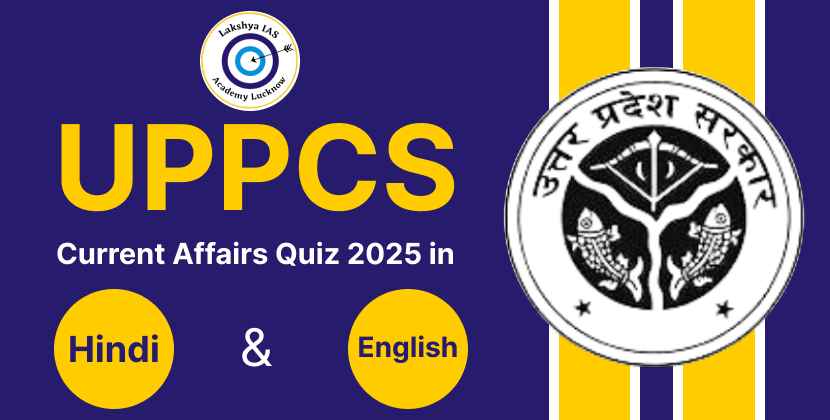
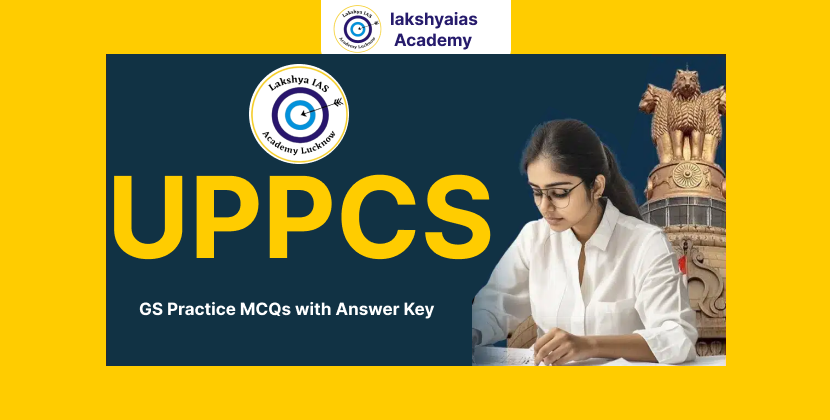
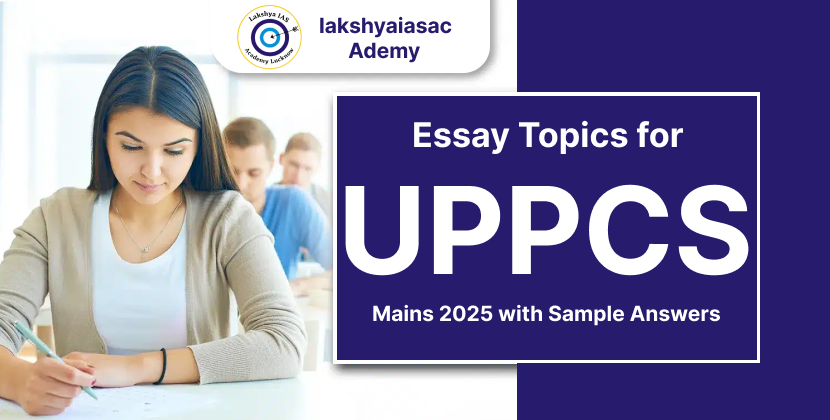
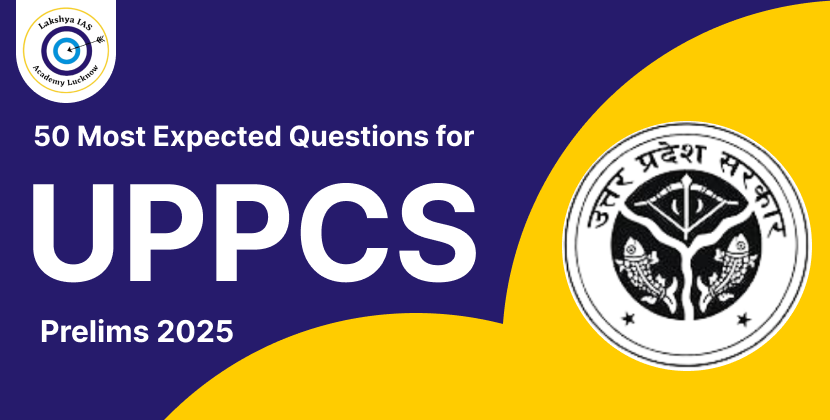
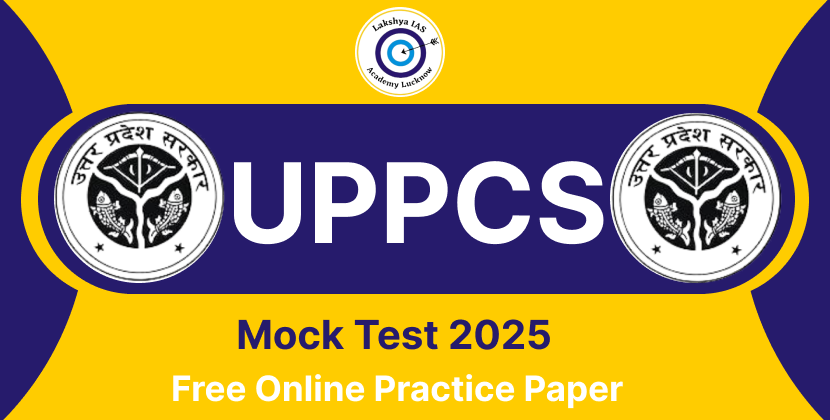
.png)
.png)
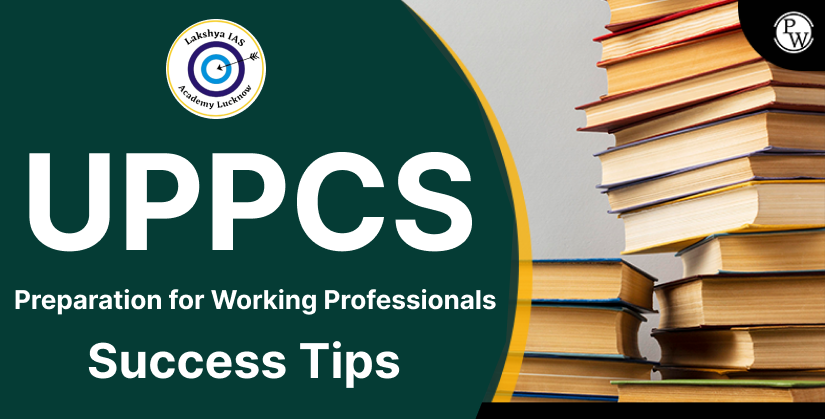
.png)
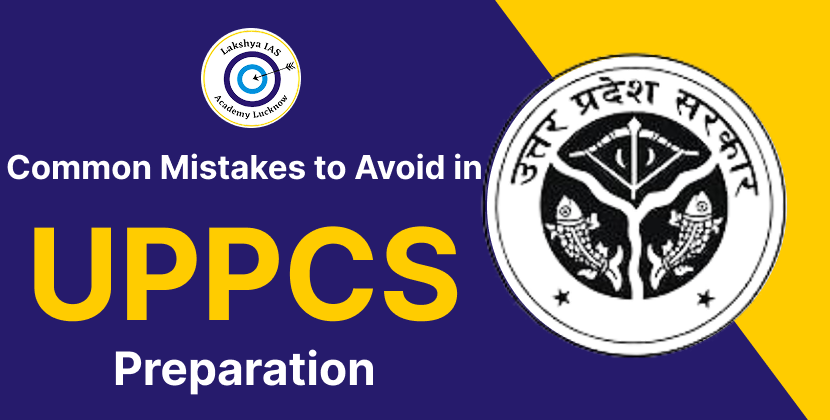
Leave a Comment